Stay on Track with Rail Incidents Part 1
Train emergencies are few and far between but they can range from a single unit response to a large-scale incident. It’s not only important to train for fire ground operations but also dispatch communications.
It is beneficial to know about the resources your dispatcher has access to and what information they will need to make the incident run smoothly from all aspects of the call.
The 911 Dispatcher And Railroad Dispatch Situation
When will the 911 dispatcher have the need to contact the railroad dispatch center? Surprisingly there are a few instances which will make your incident flow smoothly and safely.
-When there is a fire emergency that crews need to drive over the tracks with anything heavier than a pick up truck. Some companies then inspect the tracks.
-When there is any police, fire or medical emergency along the tracks so that trains can be slowed or stopped.
-When something occurred in the area, maybe one of the trains can provide a location or statement if the crew or passengers were witnesses.
-Most major emergencies such as cargo fires or derailments will be called in by the conductor/engineer but if they are not, dispatch will notify them.
-Medical or fire emergency on the train
Dispatch Information And Resources
Many dispatch centers carry comprehensive resource materials on the rail infrastructure that runs through their area of coverage. It is easily accessible by the dispatcher. Responders are encouraged to visit their center or speak with a supervisor to find out what they have. Here is an idea of what to keep in mind.
-Train station evacuation plans
-Maps including mile posts, stations, parking lots, primary/secondary roads, rivers and streams, schools, fire and police stations and hospitals
-Emergency Response Guidebook
-Notification Procedures for rail collisions, derailments, fires etc.
Having a knowledgeable background on what your dispatcher needs to know to help you on scene will make a generally hectic call run a little smoother. It is a true example of teamwork and preparedness when dispatch anticipates what responders need and responders know the information that dispatch needs.
In part two, learn about which situations may cause difficulties for dispatch and how they can be mitigated by you and your dispatcher to still get responders to the scene, ready to go to work.
Part 1 of 2

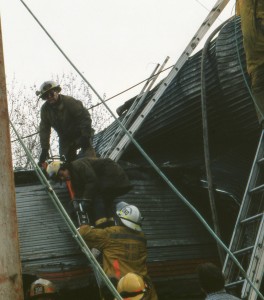
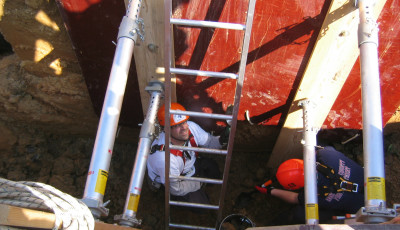
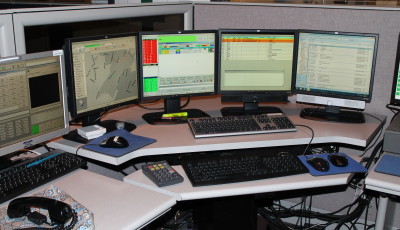
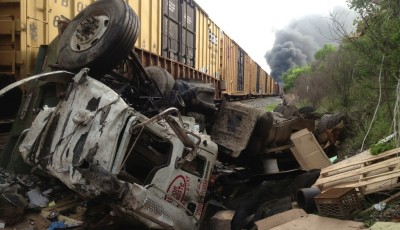
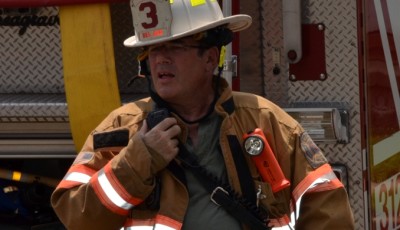
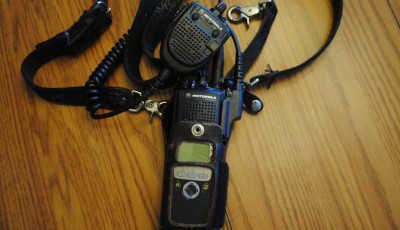
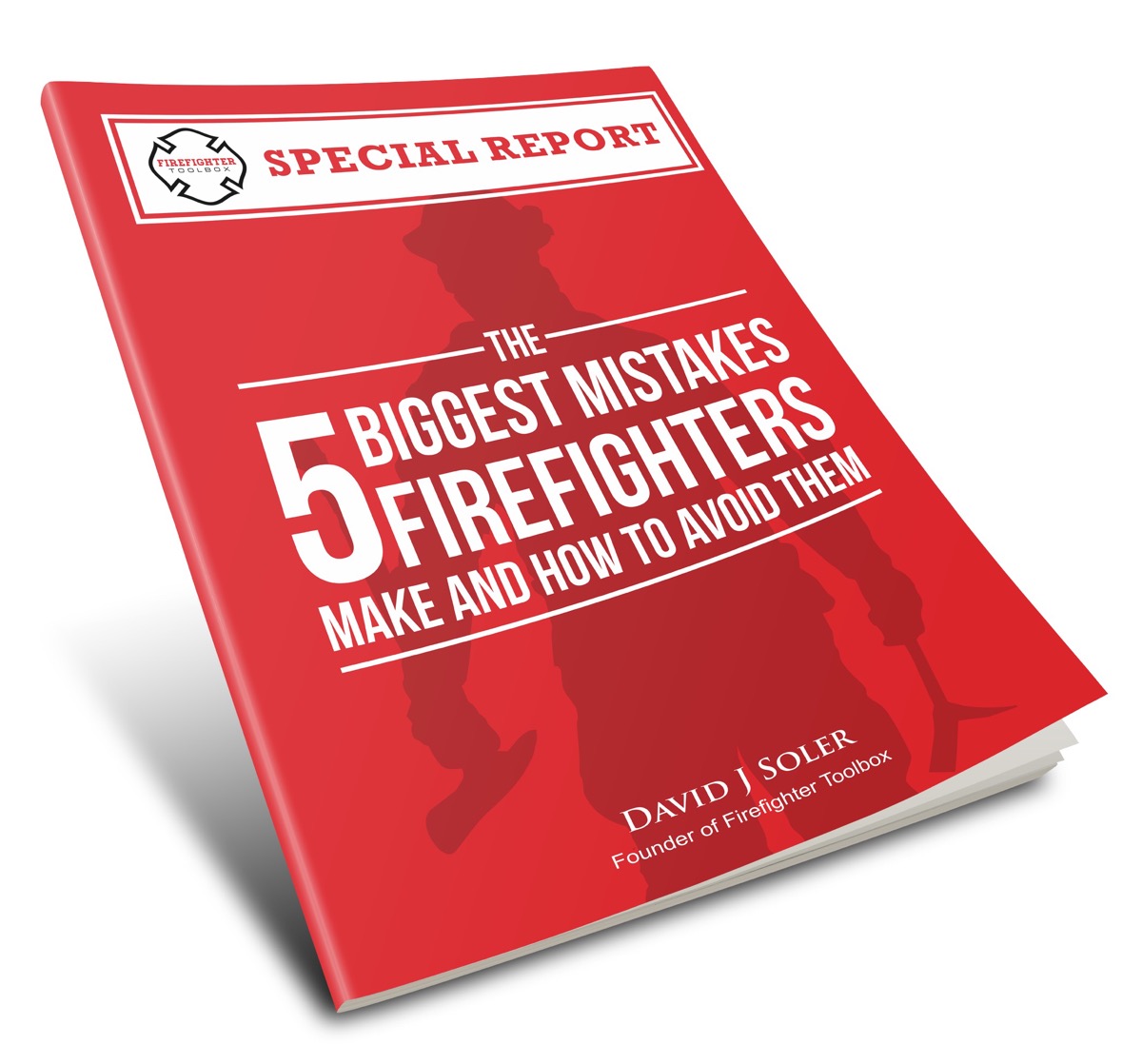



Remember amtrak I was a firefighter then and now